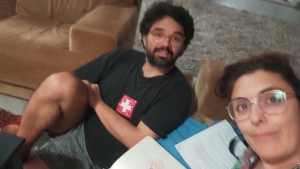Lucía Egaña and Pablo Selín are part of Pluriversidad Nómada. The collective was born from the desire to generate a loving context where different debates and practices can take place around issues that cross us daily. It is a space that takes shelter in the umbrella of “art, science and technology” densifying its use by locating the context and his physical condition.
Contributors 2024
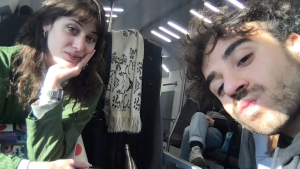
Based between Berlin and Italy, REINCANTAMENTO is an independent collective of researchers, philosophers, and designers dedicated to exploring the intricate entanglement between technology, magic, and human society. Through our open-source and work-in-progress meditation, we are interested in dismantling hegemonic techno-politics and creating sites of resistance. In our practice, we play with the language of magic, street pop culture, and game design.
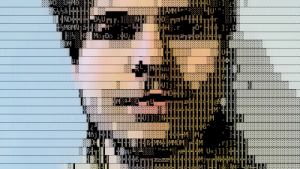
Rémi Georges is a sound artist, computer music designer and sound engineer based in Lyon. In his musical works, he combines old and new technologies to create customized bespoke tools, installations and compositions. He performs as a live coding artist under the pseudonym Ralt144MI. He is a keen explorer of the sound/image relationship and also performs in the Glitch Art, DemoScene and Circuit-Bending musical scenes. His work is always mindful of the need to support free and open source technologies.
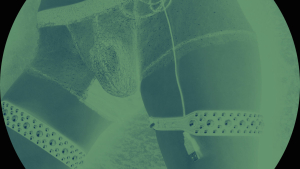
romi N/A is a visual artist who loves to dive deep into the playful expression of live-coding: "move your args and your mind will follow." this approach to mind-machine feedback transcends into life where she finds herself breaking and rearranging method.chains constantly. currently she works with hydra, a live-codeable visual synth and networked coding environment that encourages exploration and source sharing.
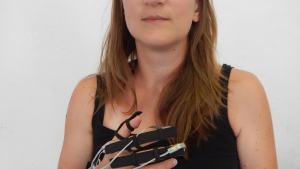
Sanela Jahić (1980, Slovenia) graduated in Painting from the Academy of Fine Arts and Design, University of Ljubljana in 2008, and received her master’s degree in 2010 in Public Art and New Artistic Strategies from the Bauhaus University in Weimar. Jahić is an intermedia artist, who constructs visual and technologically supported kinetic objects and installations. In her latest production, the artist places the research of complex relations between technology, labour and subjectivity directly within the critique of capitalist production relations.
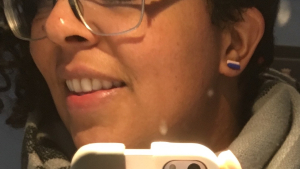
Sarah Groff Hennigh-Palermo is an artist, programmer, and erstwhile data designer. Her work focuses on using the digital in a manner that can transcend its squalid and militaristic roots and reach out towards the sublime. She has created data-obscured art sites, new computer languages, and hybrid nostalgia machines.
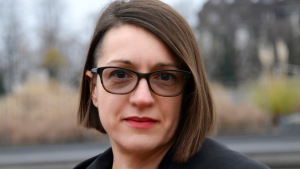
Selena Savić is assistant professor of Protohistory of AI and machines in the arts at the University of Amsterdam. She previously worked at the EPFL in Lausanne, TU Vienna, and the Basel Academy of Art and Design, where she led the practice-based research PhD programme Make/Sense. She writes about computational modelling, feminist hacking and posthuman networks in the context of art, design and architecture.
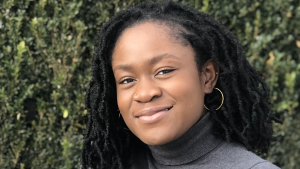
Seyi Olojo is a doctoral student in the School of Information at The University of California, Berkeley and an associated researcher at the Weizenbaum-Institut in Berlin, Germany. Her research explores how colonial histories of racial classification are re-articulated within contemporary machine learning practices, specifically data collection and early-stage machine learning. Her current research investigates the role of Western values in the mistranslation of indigenous Nigerian languages for commercial machine translation technologies.
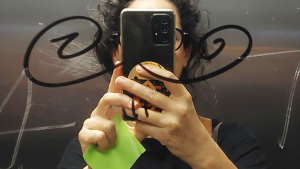
Shusha Niederberger is an artist, educator and researcher in digital culture and the arts. She has a background in digital arts, has developed and curated the education program for HEK (House of Electronic Arts Basel) for several years, and has been researching digital artistic practices and the commons (https://creatingcommons.zhdk.ch).


